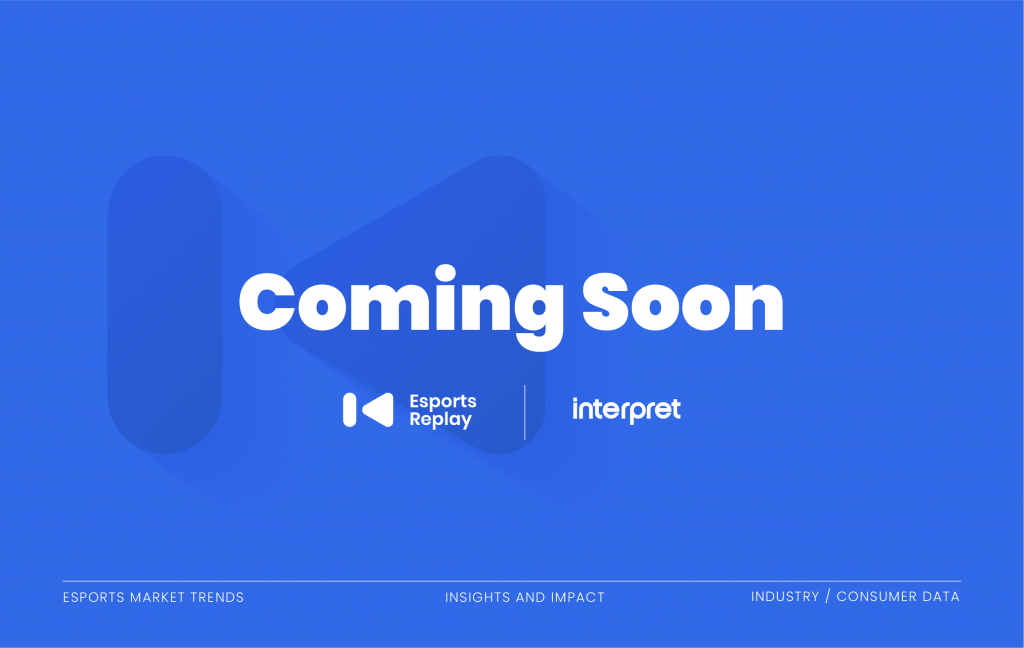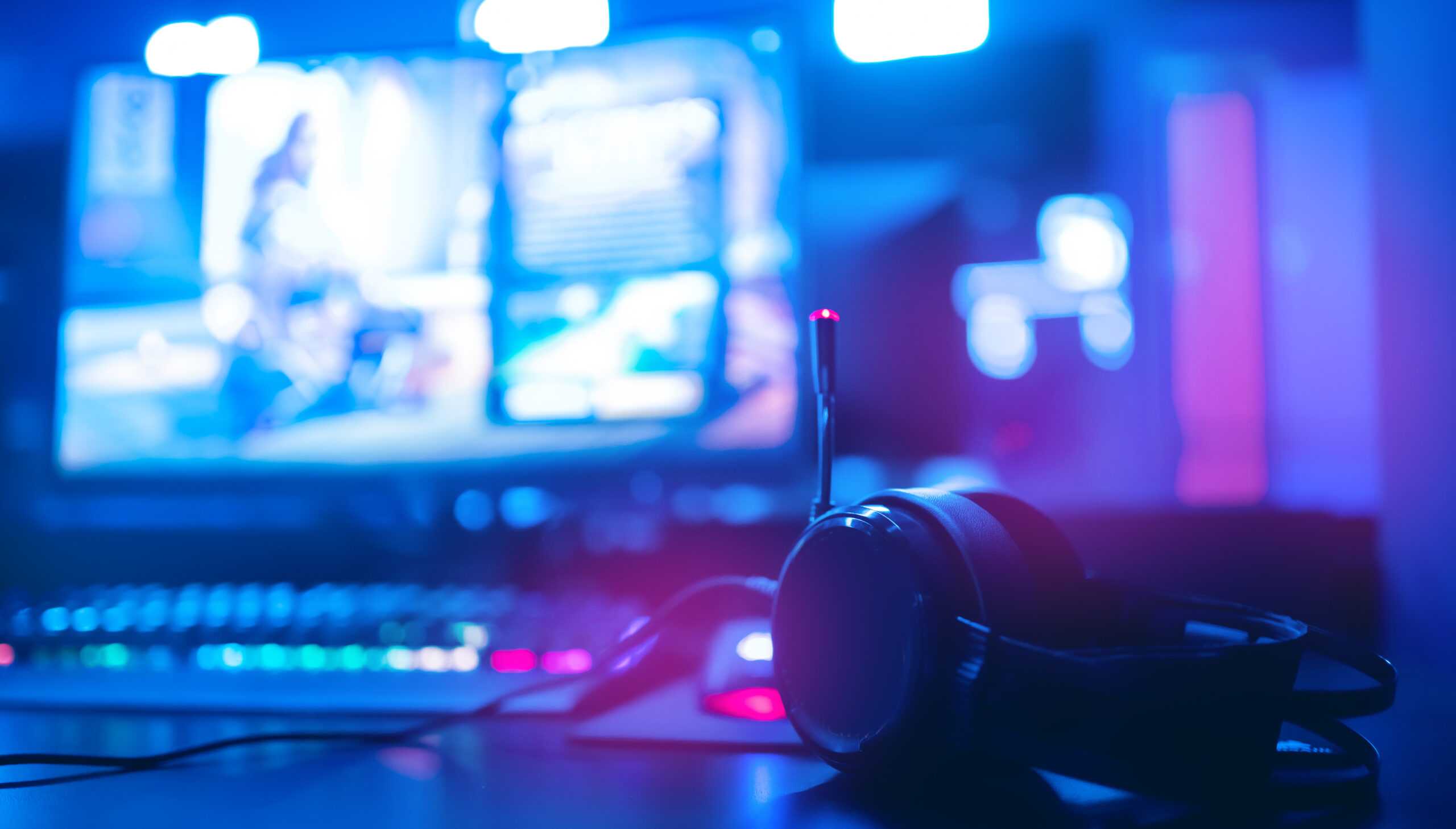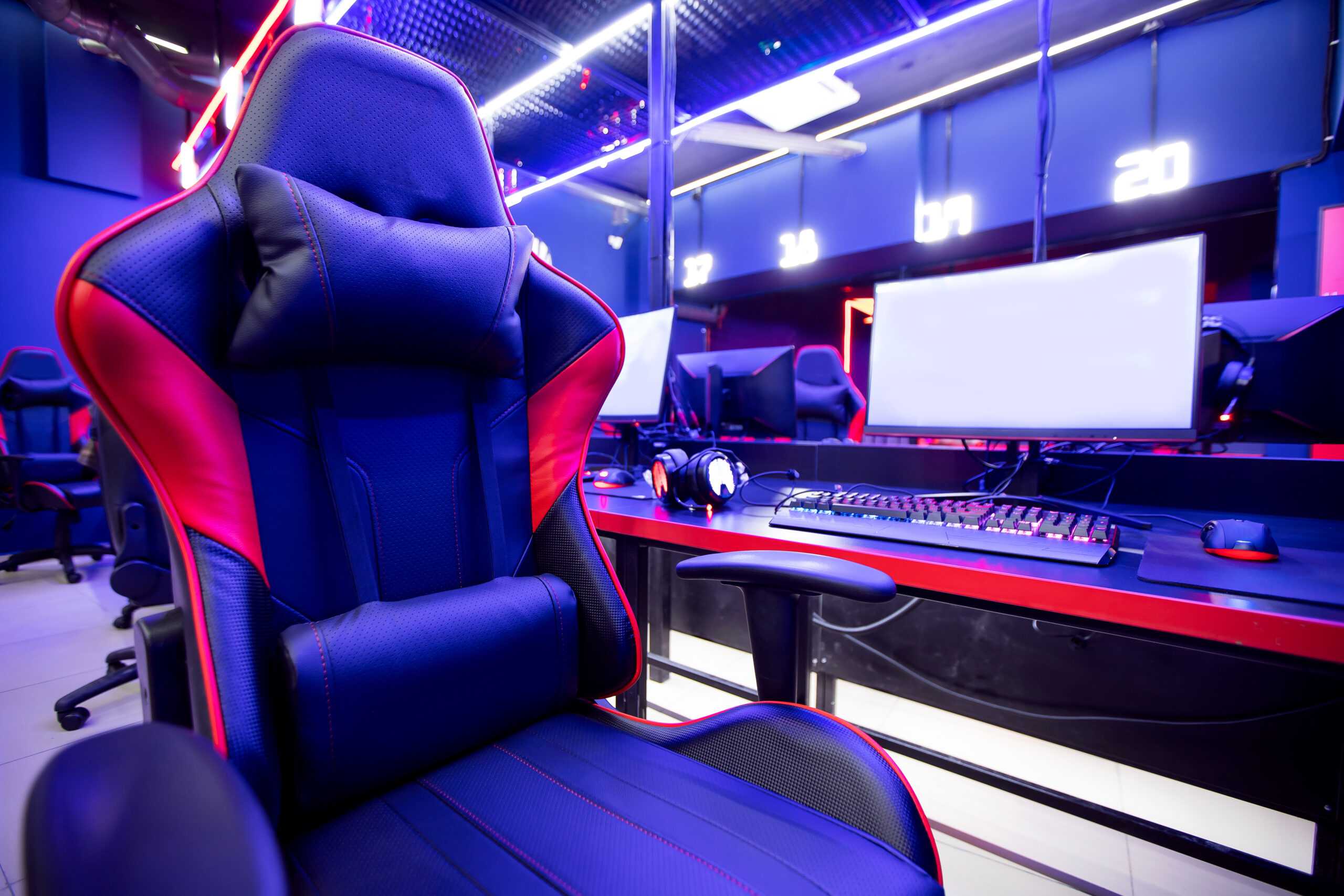While traditional sports have taken a hit during 2020, the crossover of esports and traditional has accelerated during the year. Esports’ visibility has benefited from the absence of the big, popular traditional sports and sports fans’ craving for competition. However, even without the pandemic, the influence of traditional sports is becoming increasingly evident in key business areas for esports: investment, management, and sponsorship.
Traditional athletes, whether retired or still playing, have plowed millions of dollars of investment into the esports market in the last few years. This year we’ve seen NHL superstar Mitch Marner invest in OverActive Media and NBA all-star Ben Simmons invest in FaZe Clan; meanwhile, some like baseball’s Bryce Harper are looking to esports to build their own personal brand. Earlier in the year, there was a flurry of activity with traditional motorsport companies like Toyota, Ferrari, Lamborghini, McLaren, and NASCAR all ramping up their esports positioning.
Team owners and publishers are looking to traditional sports for management expertise. Futbol Club Barcelona, for example, recently inked a deal with tech behemoth Tencent to grow its overall esports footprint. FC Barcelona already operates teams that compete in Rocket League and Konami’s eFootball PES 2020. The sports-esports crossover movement also saw Activision Blizzard hire longtime MLB deputy commissioner Tony Petitti last month to oversee their esports business.
Increasingly non-endemic sponsors are seeing opportunity in esports, including brands such as Buffalo Wild Wings, HerbaLife, T-Mobile, and Bud Light who have strong ties to traditional sports. Esport sponsorships are also becoming more complex, resembling the more extensive sponsorship deals of traditional sports. For example, teams such as Dignitas and G2 Arctic have included supplemental branded content, sponsor engagement with players, and other benefits as part of sponsorship deals in 2020.
The net results of this trend are a greater level of professionalism, enhanced structure, and improved monetization – important areas of growth for the emerging esports industry. Greater involvement by recognized sports brands will also drive greater mainstream awareness. Interpret will continue tracking the esports-sports crossover as part of our soon-to-be-launched Esports Replay® trends and insights product.






